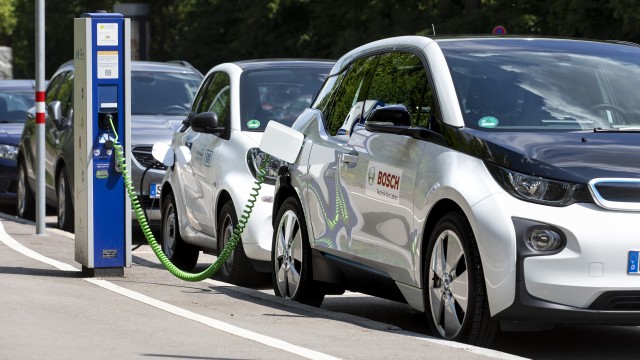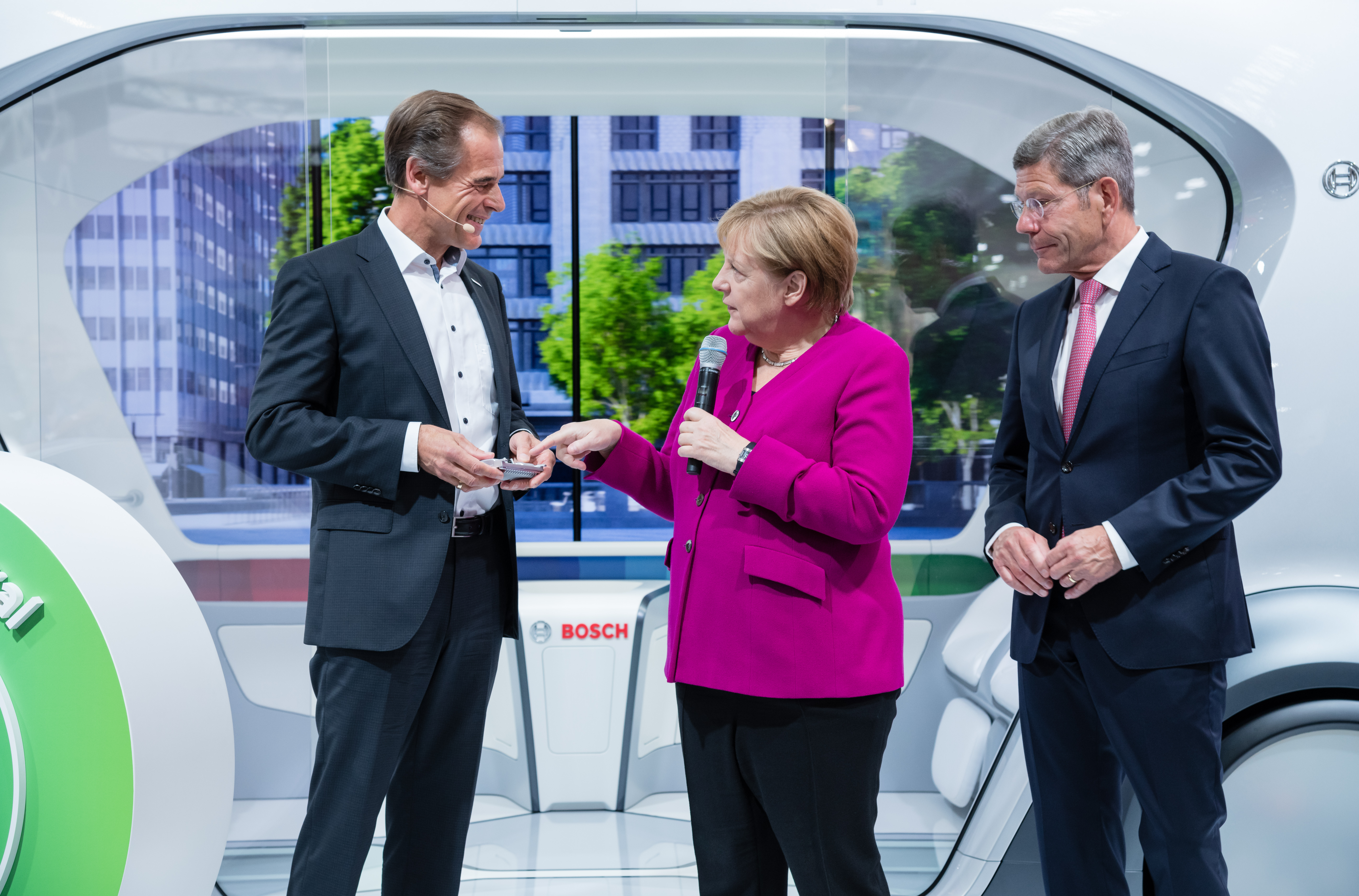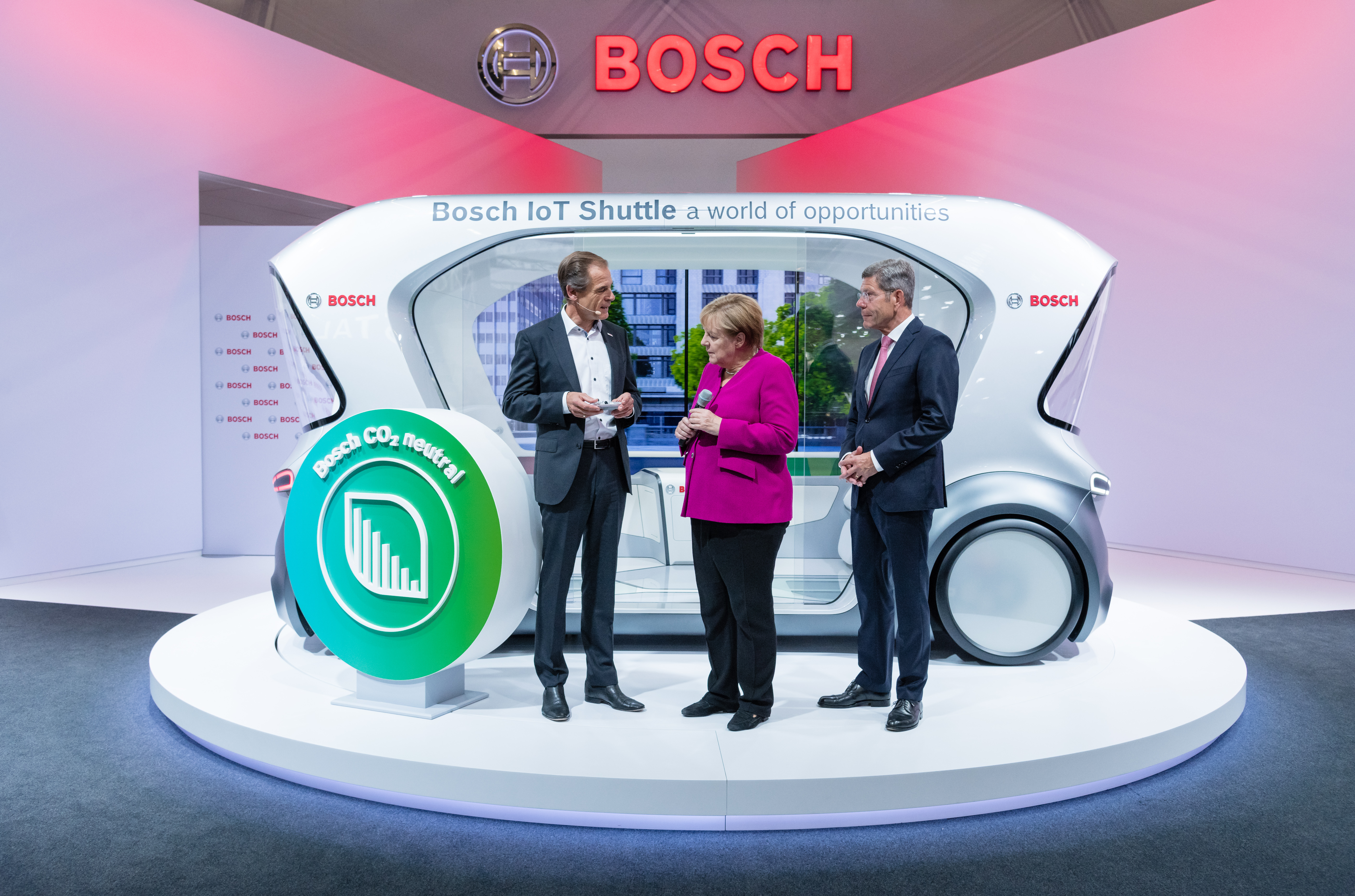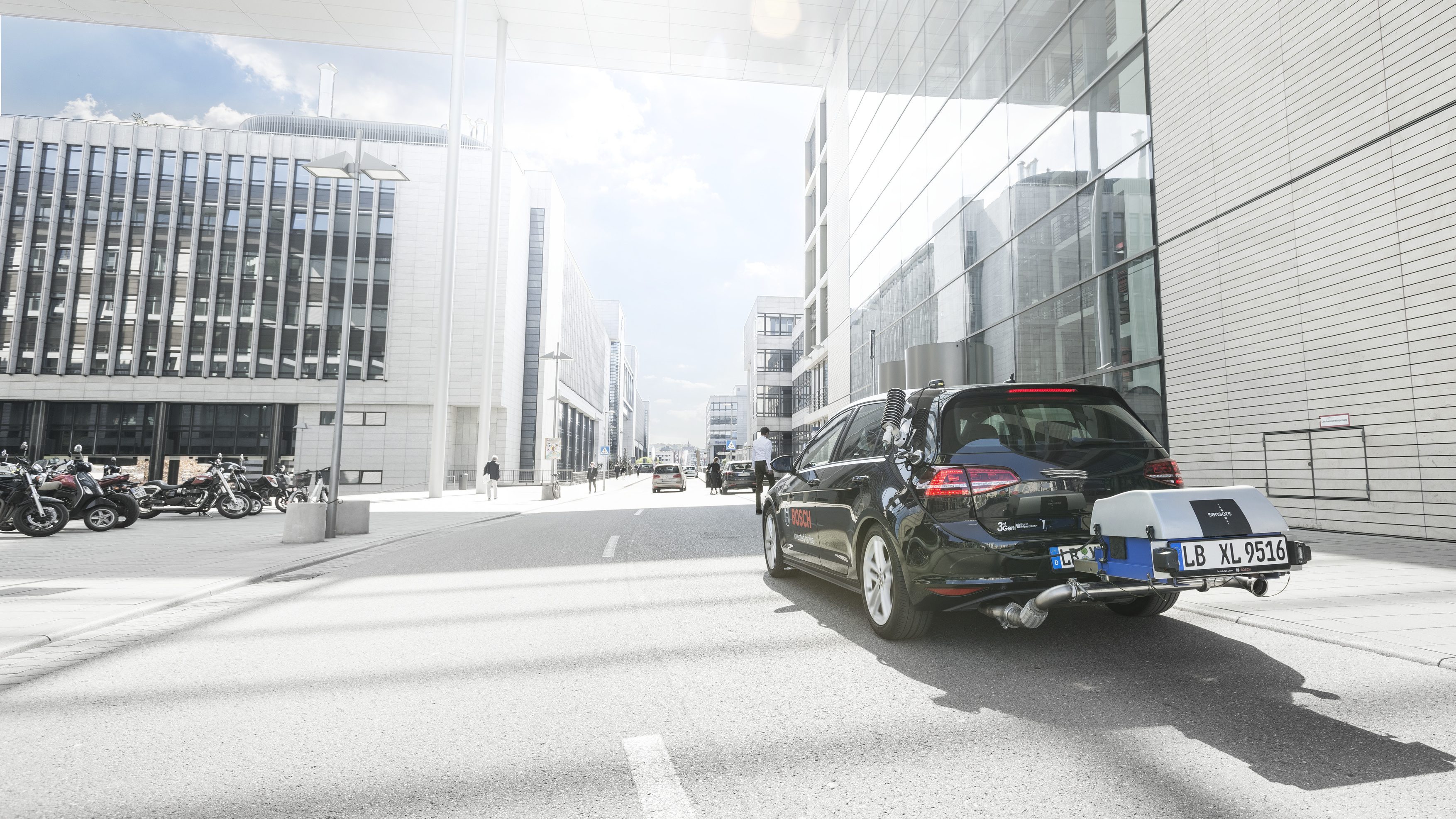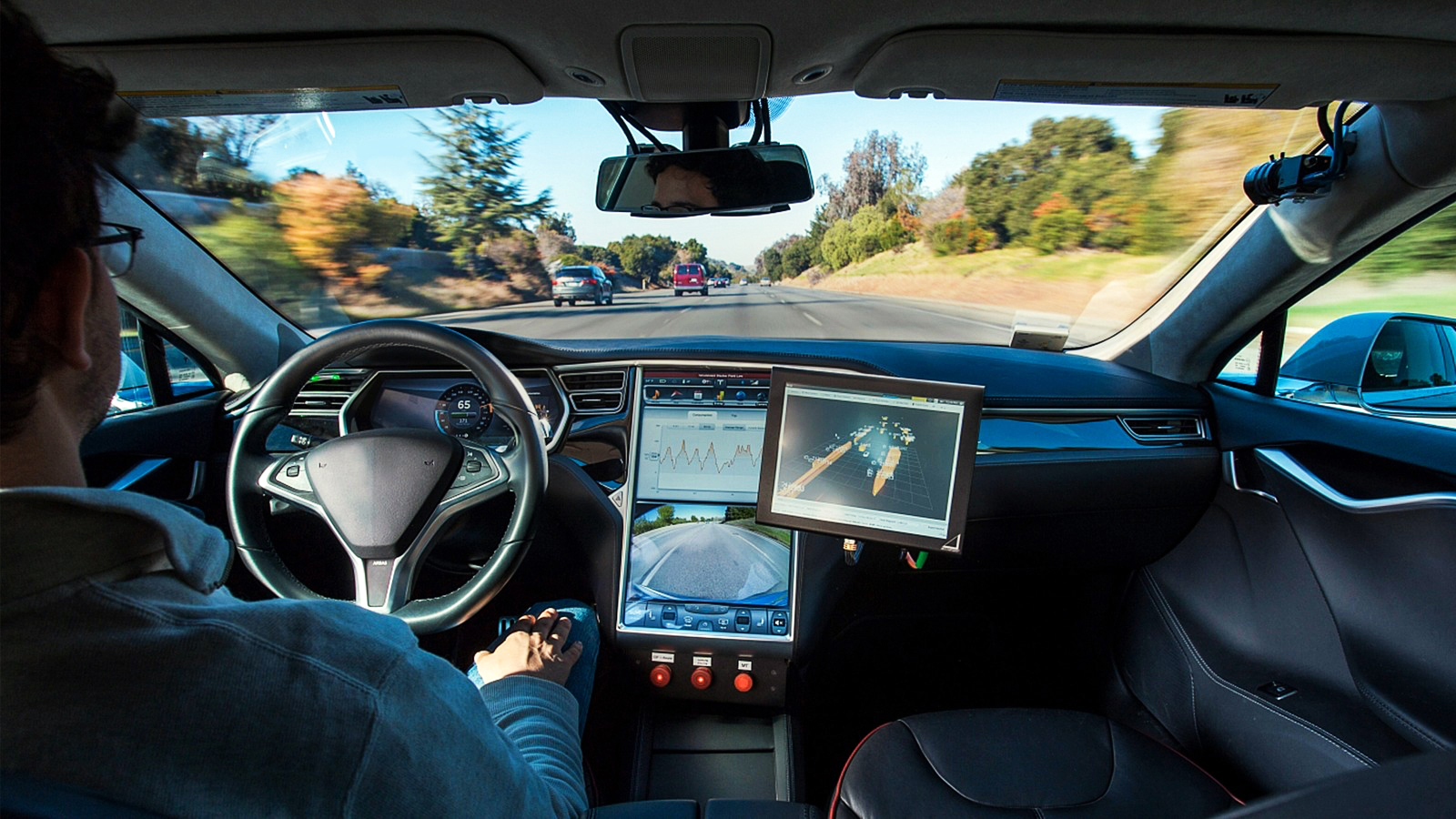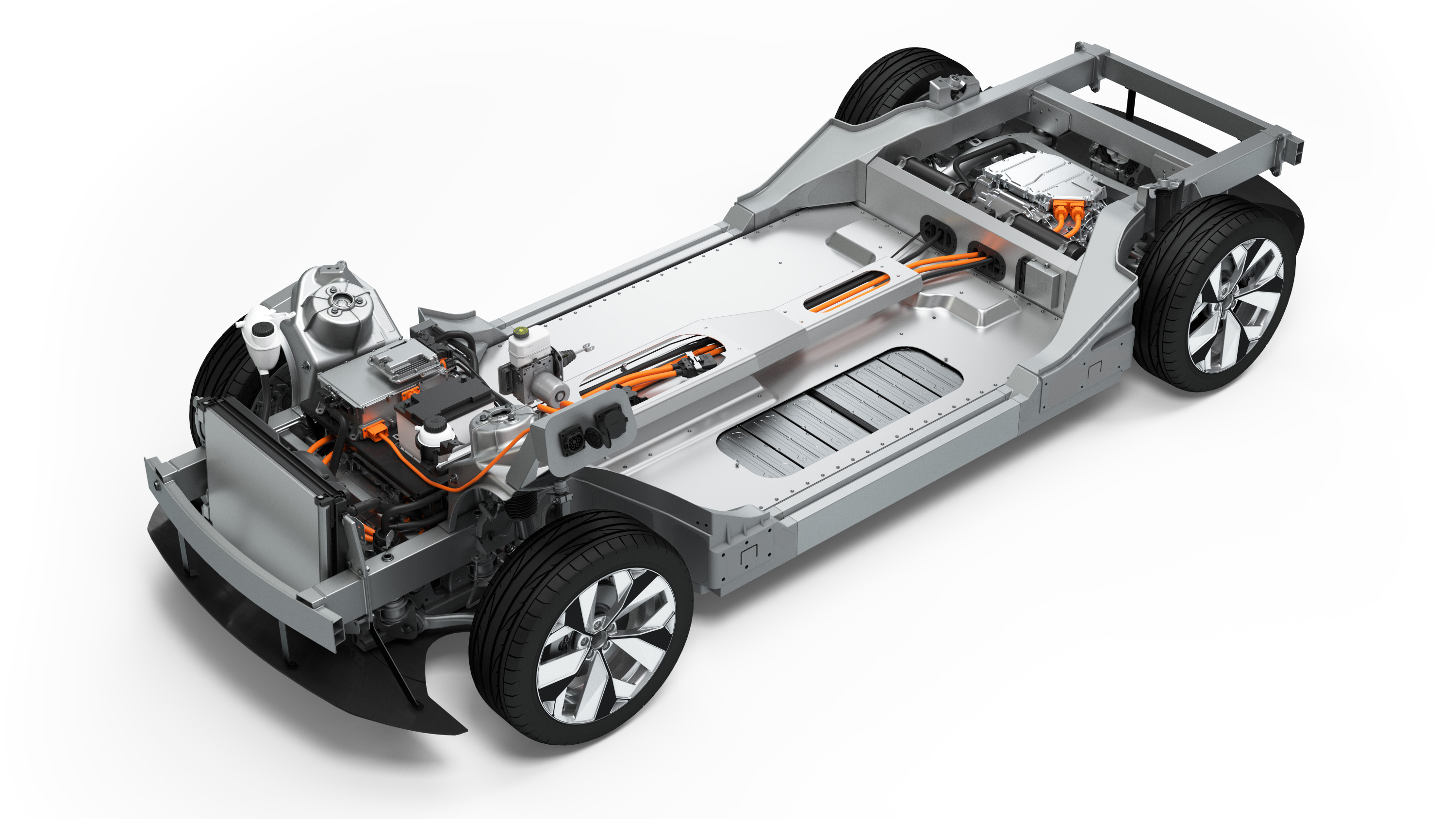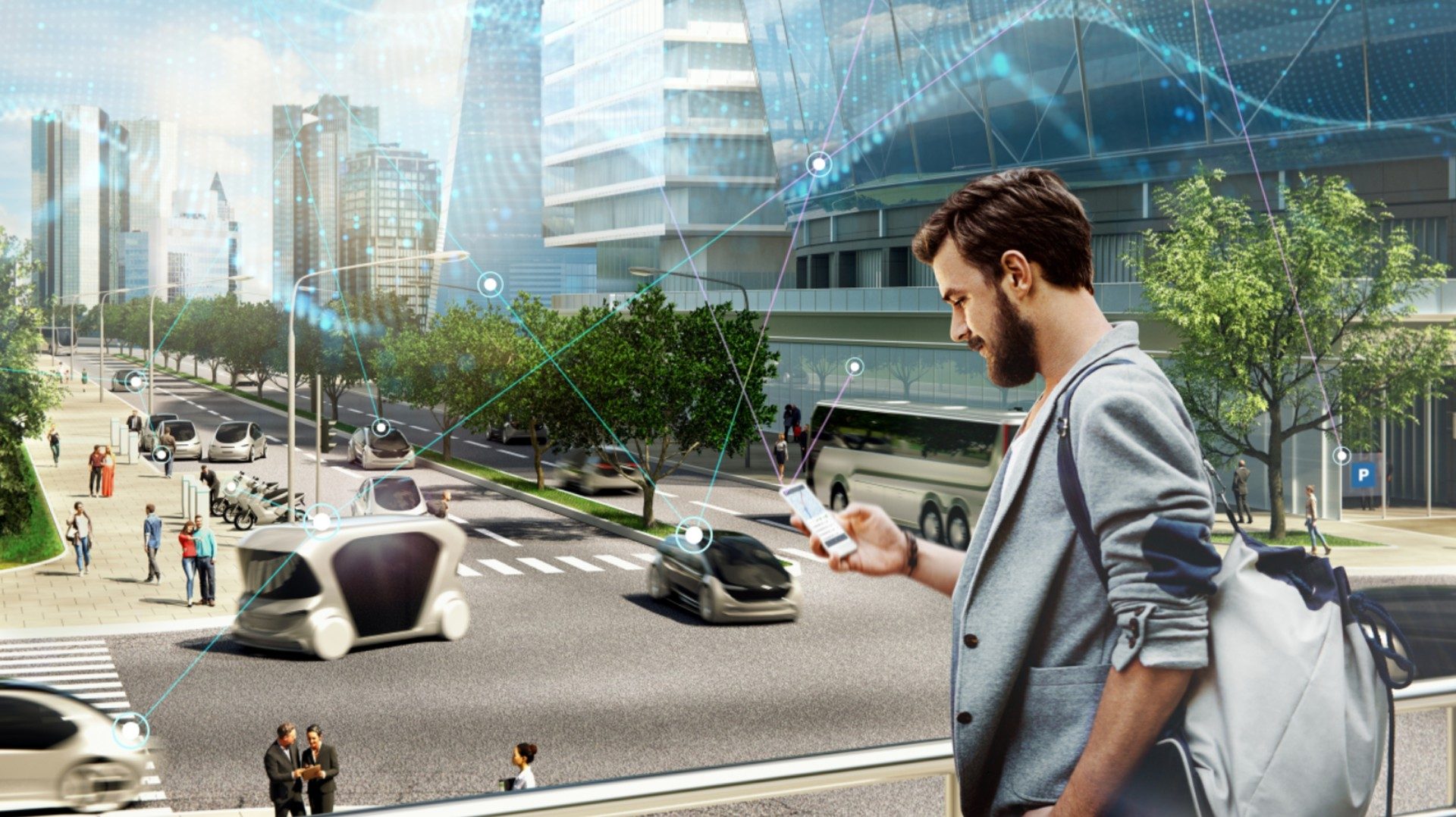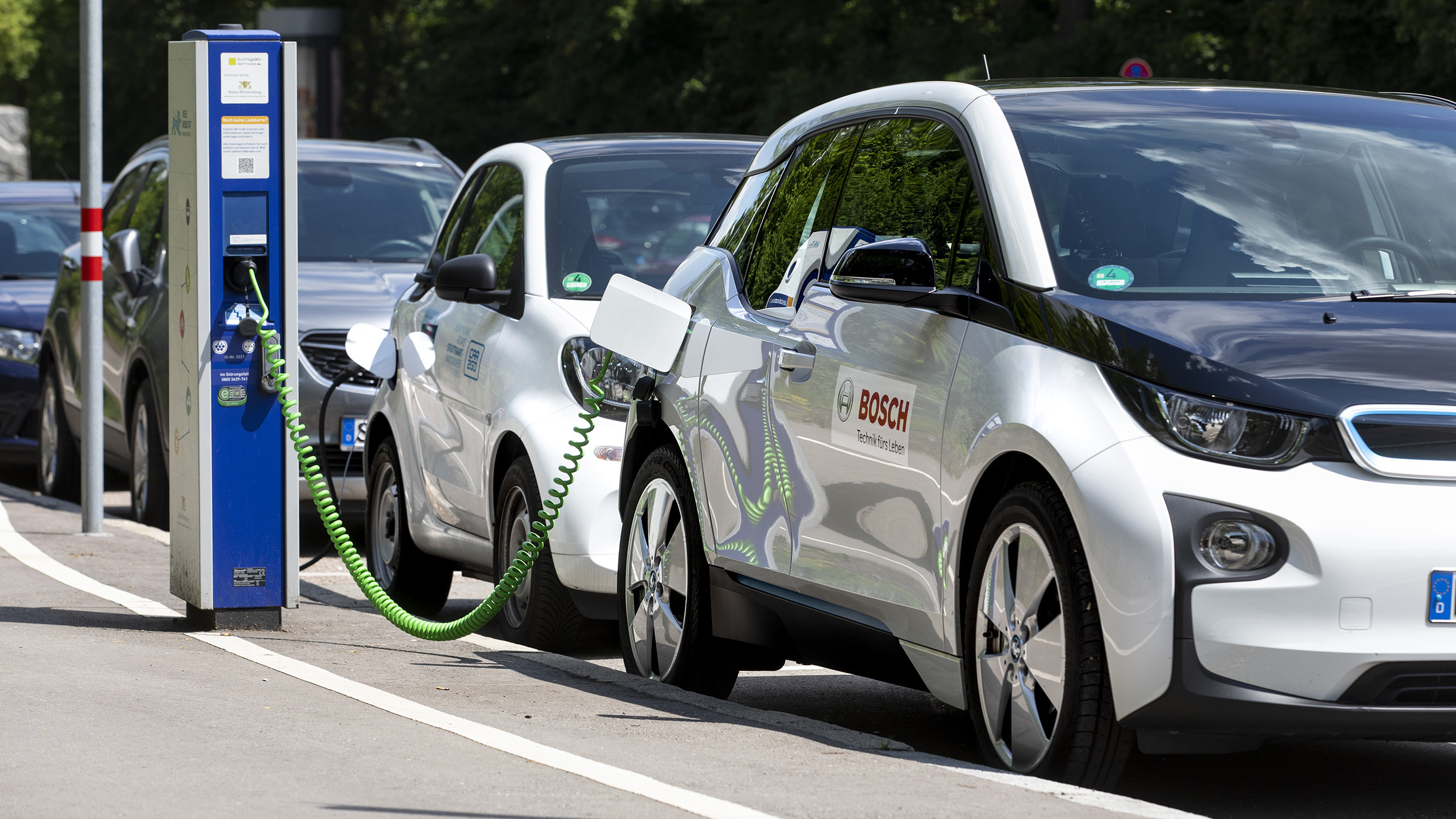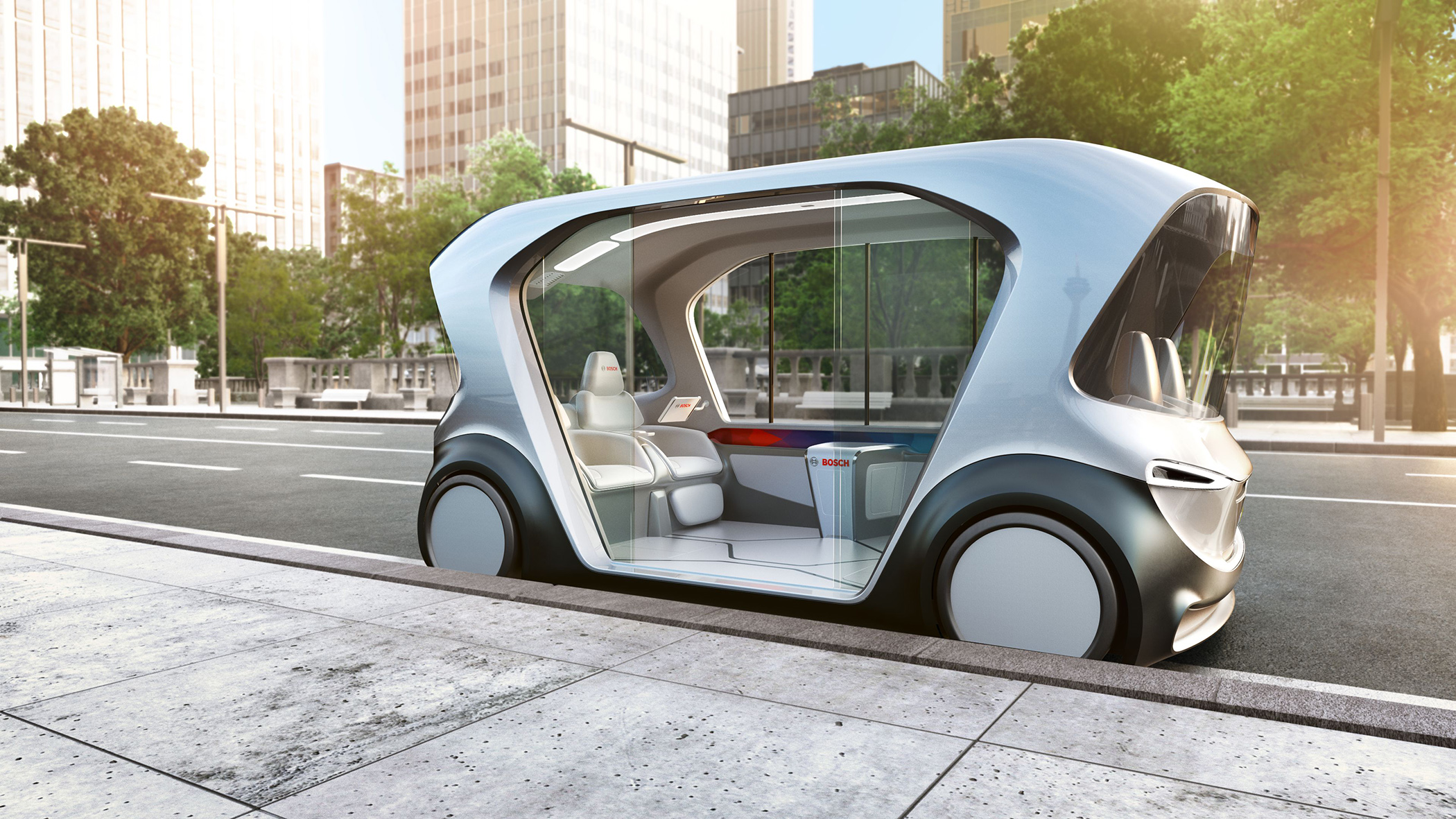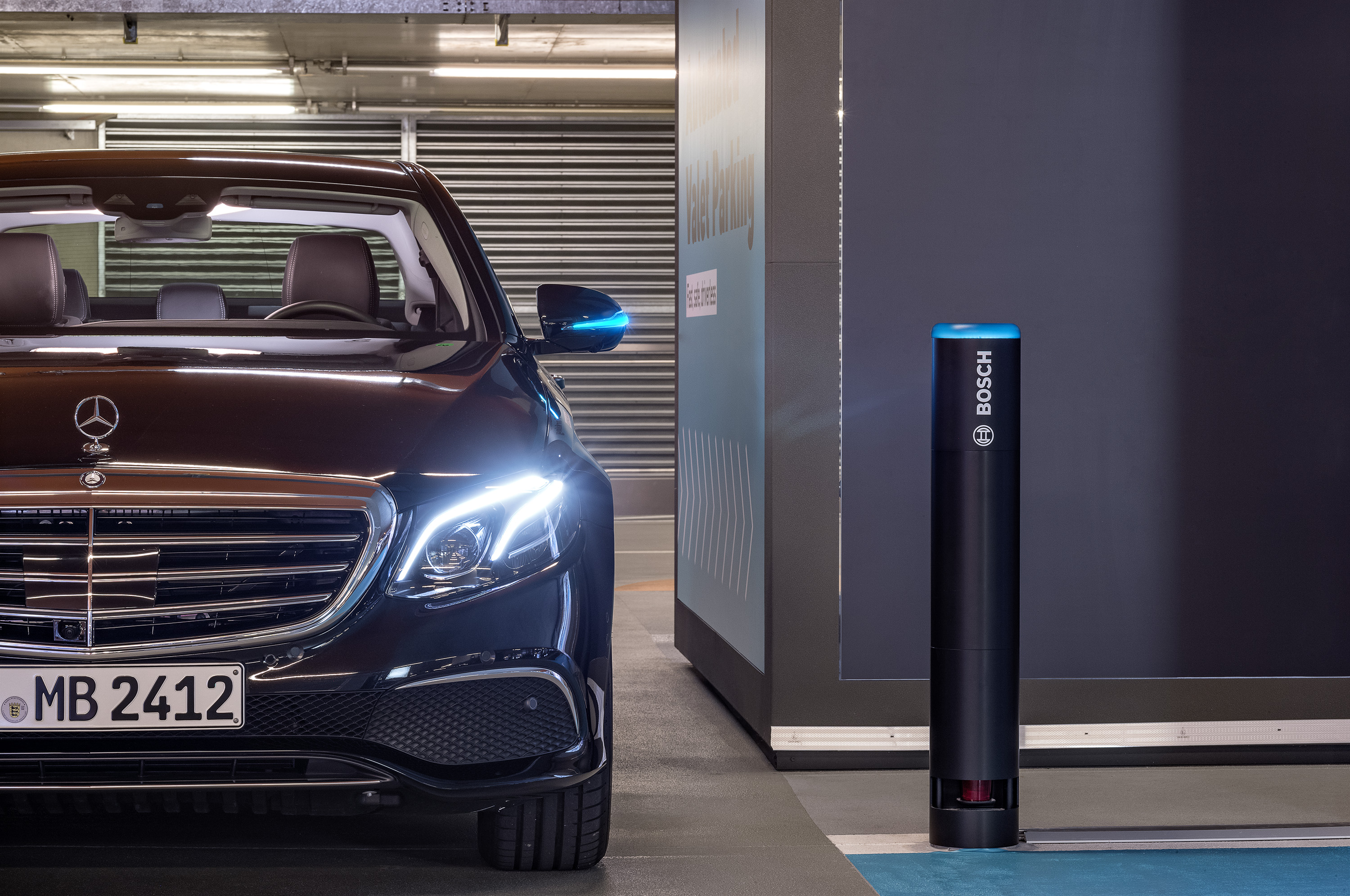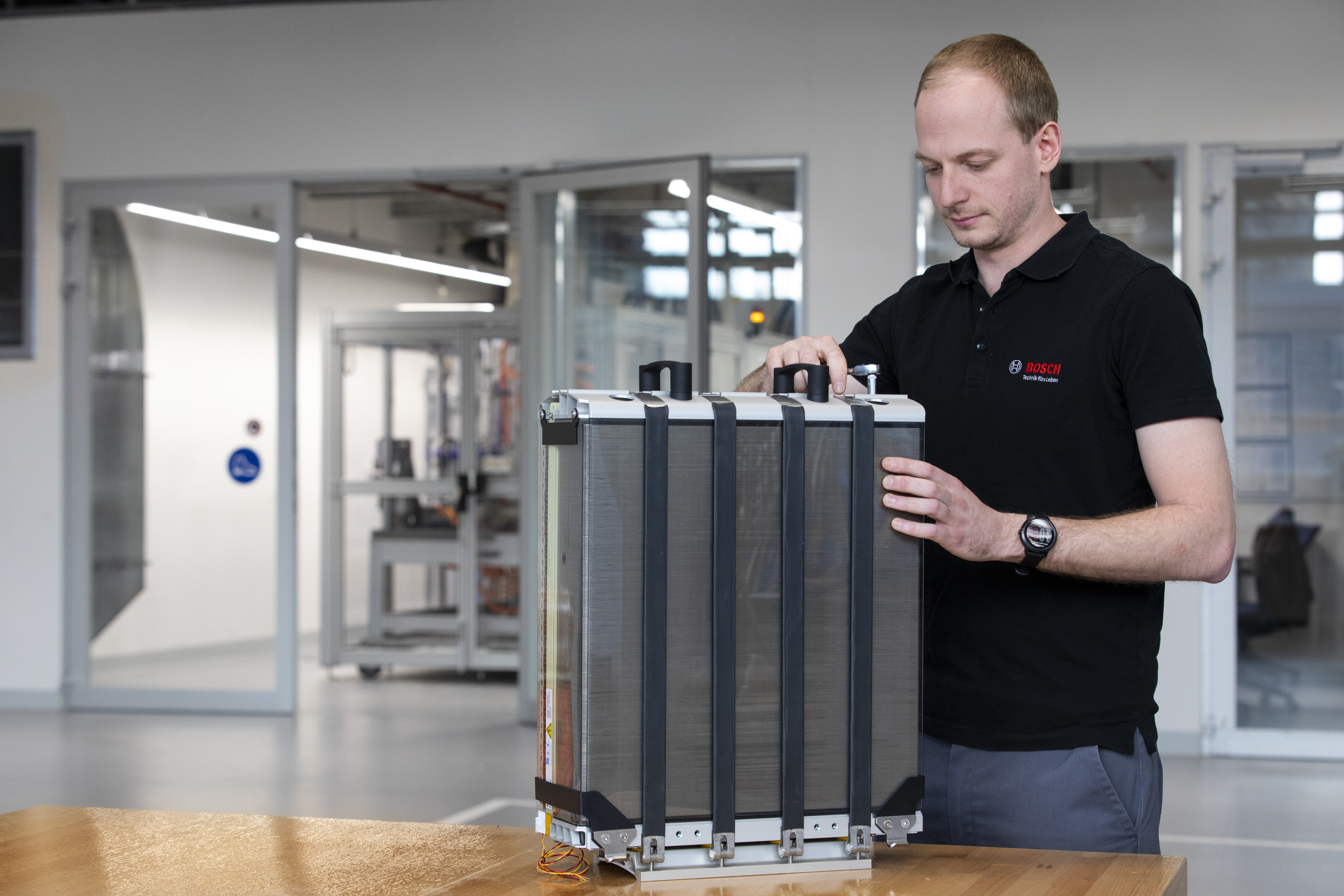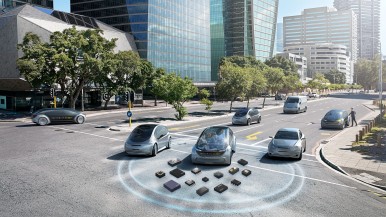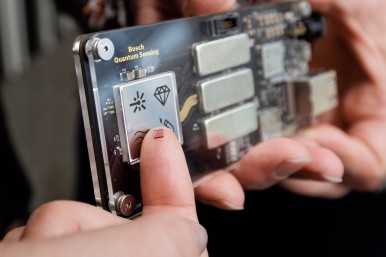Stuttgart and Frankfurt, Germany – When it comes to electromobility, Bosch is driving in the fast lane. No other company has as much expertise in this domain. And this is paying off: since the beginning of 2018, Bosch has won electromobility orders worth roughly 13 billion euros, including production projects for electrical powertrains for passenger cars and light trucks. Thanks to these successful orders and its innovative strength, Bosch is holding its own in the currently difficult environment. The Mobility Solutions business sector is again developing better than global automotive production in 2019. Despite the market’s current significant downward trend, the sector’s sales from operations will come in at just under the previous year’s level. “The transformation of mobility entails challenges, but also opportunities. We want to grasp them,” says Dr. Volkmar Denner, chairman of the Bosch board of management. Technologically, Bosch is approaching the mobility of the future with an open mind. It is both further refining conventional powertrains and fast-tracking electrification. In addition, the company is working to make mobility automated, connected, and personalized. One key to this lies in electronics and software. The company’s mobility operations currently employ some 14,000 software engineers, and annual expenditure on software expertise comes to 3 billion euros. The objective is to keep people mobile in an eco-friendly way and to ensure that mobility is accessible to everyone. “Bosch is making mobility climate-friendly and affordable,” Denner says.
Mobility is the largest Bosch Group business sector. According to preliminary figures, it generated sales of 55.9 billion euros in 2024, and thus contributed around 62 percent of total sales. This makes the Bosch Group one of the leading mobility suppliers. Bosch Mobility pursues a vision of mobility that is safe, sustainable, and exciting. For its customers, the outcome is integrated mobility solutions. The business sector’s main areas of activity are electrification, software and services, semiconductors and sensors, vehicle computers, advanced driver assistance systems, systems for vehicle dynamics control, repair-shop concepts, as well as technology and services for the automotive aftermarket. Bosch is synonymous with important automotive innovations, such as electronic engine management, the ESP anti-skid system, and common-rail diesel technology.
The Bosch Group is a leading global supplier of technology and services. It employs roughly 417,900 associates worldwide (as of December 31, 2024). According to preliminary figures, the company generated sales of 90.5 billion euros in 2024. Its operations are divided into four business sectors: Mobility, Industrial Technology, Consumer Goods, and Energy and Building Technology. With its business activities, the company aims to use technology to help shape universal trends such as automation, electrification, digitalization, connectivity, and an orientation to sustainability. In this context, Bosch’s broad diversification across regions and industries strengthens its innovativeness and robustness. Bosch uses its proven expertise in sensor technology, software, and services to offer customers cross-domain solutions from a single source. It also applies its expertise in connectivity and artificial intelligence in order to develop and manufacture user-friendly, sustainable products. With technology that is “Invented for life,” Bosch wants to help improve quality of life and conserve natural resources. The Bosch Group comprises Robert Bosch GmbH and its roughly 470 subsidiary and regional companies in over 60 countries. Including sales and service partners, Bosch’s global manufacturing, engineering, and sales network covers nearly every country in the world. Bosch’s innovative strength is key to the company’s further development. At 136 locations across the globe, Bosch employs some 86,900 associates in research and development, of which nearly 48,000 are software engineers.
Additional information is available online at www.bosch.com, www.iot.bosch.com, www.bosch-press.com.

